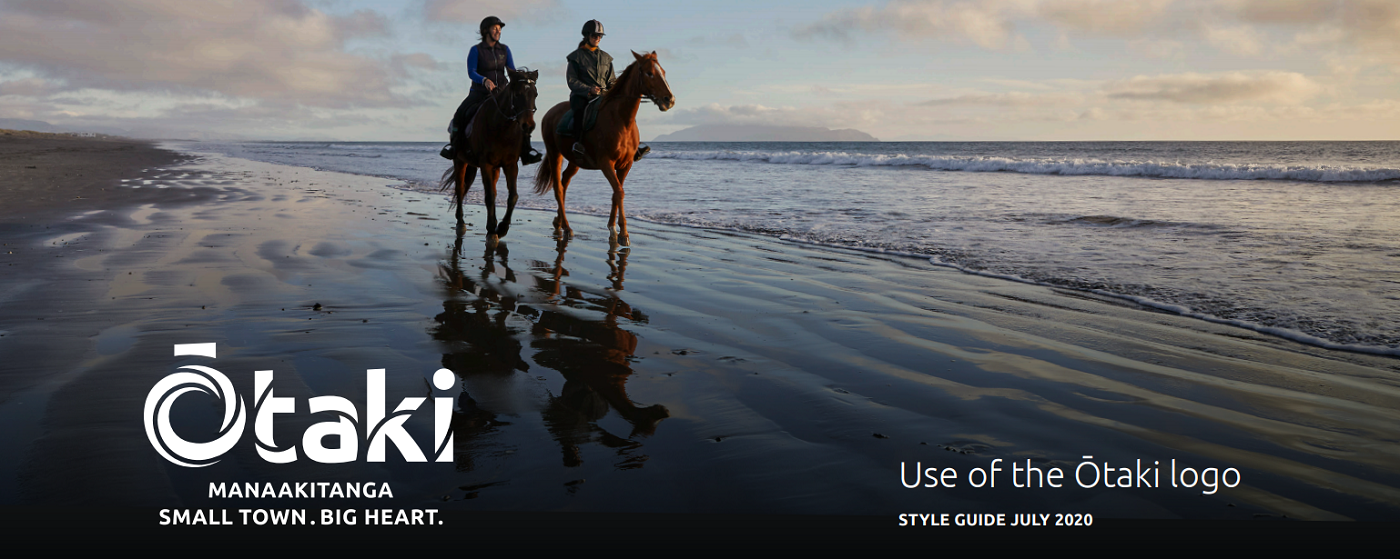By Dr Steve Humphries
While the common cold is a relatively benign and self-limiting illness, it is never-the-less a big cause of doctor visits, absenteeism from school and work, and money spent on a wide assortment of medications.
In the United States alone the total economic cost arising from colds has been put at $40 billion annually.
The search for a simple and effective antiviral cold medication has been elusive. However, since it was first isolated in the 1930s, vitamin C (ascorbic acid) has been touted as a natural cold remedy.
In the 1970s Nobel Laureate Linus Pauling concluded in his book, Vitamin C and the Common Cold, that large doses of vitamin C could prevent and relieve the symptoms of the common cold. The book generated huge public interest in vitamin C, an interest that persists to this day. His book also created a huge increase in vitamin C sales – sales encouraged by a multibillion-dollar vitamin supplement industry.
Despite the public popularity, Pauling’s book was widely criticised by the scientific community for basing its conclusions on a limited number of studies that were methodologically flawed. However, the book’s popularity did stimulate further research. In the 50 years since the book there have been hundreds of studies and numerous reviews of the effects of vitamin C on the common cold.
For healthy adults on a balanced diet there’s strong, consistent evidence that taking a daily supplemental dose of vitamin C will not reduce the chance of getting a cold. However, there is reasonably good evidence that daily supplementation might reduce the duration of a cold for some individuals.
The extent of that reduction varies across studies, but averaged across the better-quality studies it appears to be a modest 8 percent reduction for adults and 14 percent for children. These results are far from the panacea that Pauling hoped for, but even fairly small improvements might still be useful for an intervention that is relatively inexpensive and safe.
Whether it’s worth taking a daily supplement on the chance it will reduce the duration of a cold by about half a day or so is an individual choice.
Most studies, though not all, indicate that taking Vitamin C after getting a cold will not make any difference to the duration or severity of the cold.
These results are all based on healthy people with balanced diets. Some historical studies that have found vitamin C to be effective have been criticised for testing people whose diets were inadequate by today’s standards. Vitamin C supplementation might make a big difference for people on a low vitamin C diet, but dietary supplements are not meant to compensate for a poor diet. Are you getting your 5+ fruit and vege daily?
Further research is being conducted on sub-populations who might respond more favourably to vitamin C. There is some indication that vitamin C might be more effective in children, and for people under physical stress (including extreme cold) or with impaired immune systems.
So if you’re going to take a vitamin C supplement, which one is best? No brand or type of vitamin C has been shown to be clinically more effective than any other in terms of a measurable health outcome. On that basis you should simply buy the product that gives you the most vitamin C (ascorbate) for your money.
Beware of marketing hype. For example, Ester-C is promoted as a researched form of vitamin C that provides “24-hour immune support”. Sounds impressive, but what does it mean? The Ester-C company funded in-house research for pay-to-publish articles. Hardly independent research in high quality journals.
One study compared the effects of Ester-C to plain ascorbic acid. The study found that 24 hours after ingestion, ascorbate levels were higher in leukocytes for the Ester-C group. Both groups had received exactly 1000mg of ascorbic acid, as measured by iodometric titration. But Ester C also contains dehydroascorbic acid (which is not detected by iodometric titration), which is converted in the body into ascorbic acid. So the people in the Ester-C group were effectively given higher doses of ascorbic acid! Not the sort of research that would get into a prestigious peer-reviewed science journal, but good enough for a world-wide slogan “24-hour immune support”.
Vitamin C brands talk endlessly about the bioavailability of their products (for example, liposomal vitamin C vs vitamin C with bioflavonoids). What we really want to know is not how bioavailable something is, but does it make us healthier?
Where is the comparative research that shows one vitamin C brand shortens the duration of a cold more than another brand? Positive health outcomes like that would give a brand tremendous marketing advantage in a billion-dollar industry, but there’s a reason they don’t do that research.
• Dr Steve Humphries is a director at Hebe Botanicals in Ōtaki, and was previously a lecturer at Massey University and director of the Health Science Programme.

